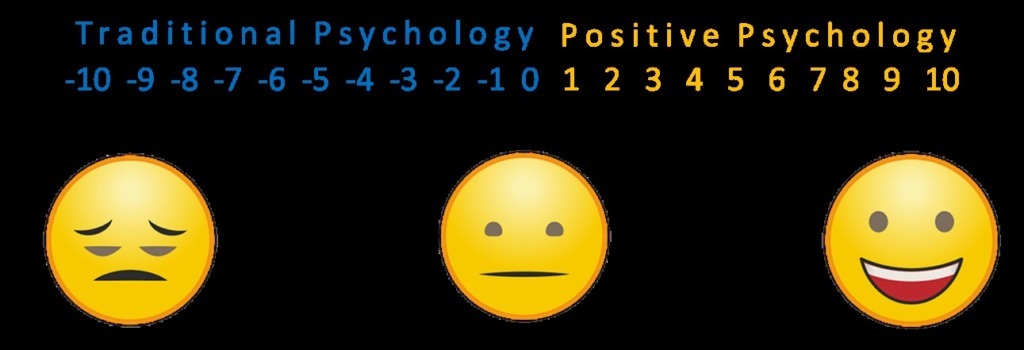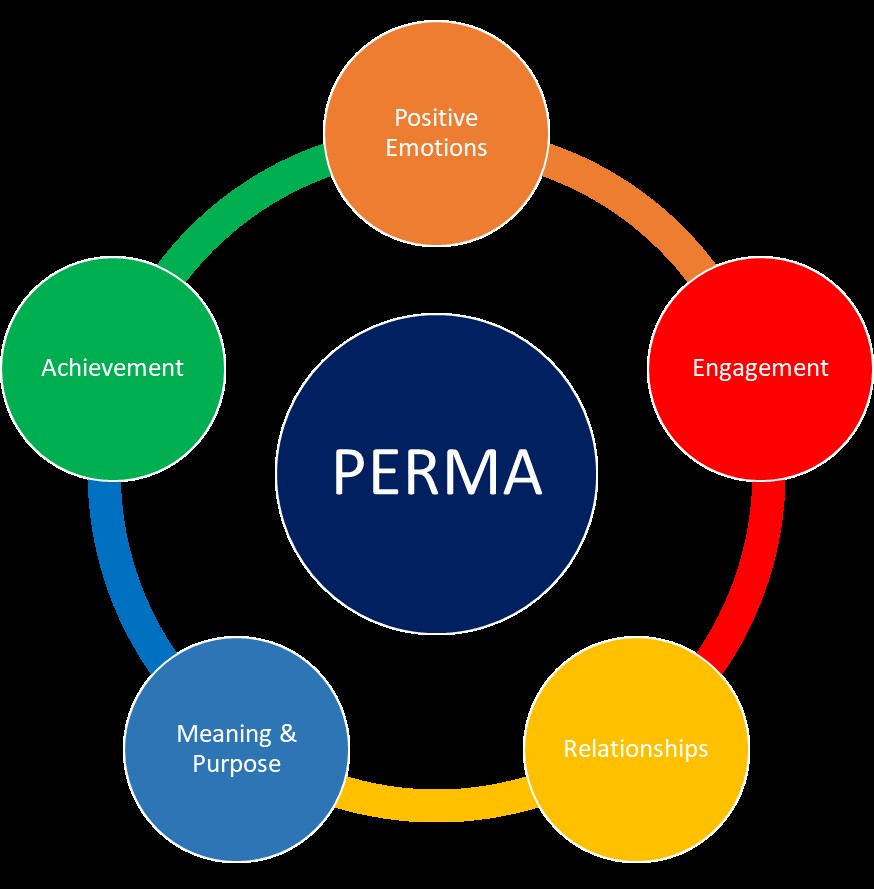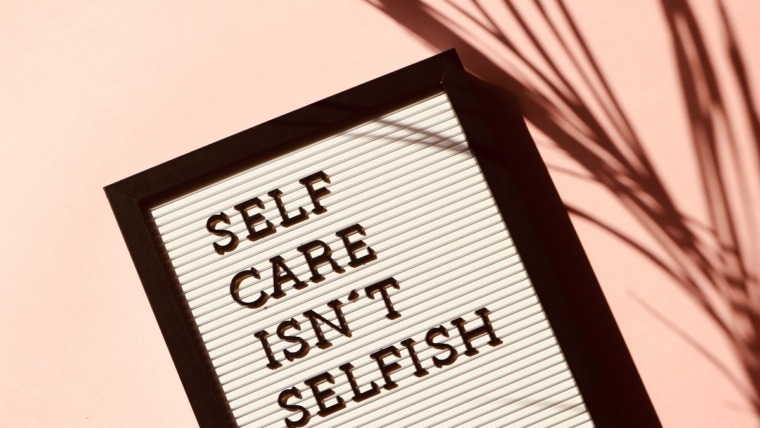
Increasing your Happiness Levels in Life!
Written by Carolyn King
Positive Psychology is a relatively new domain of psychology, having begun in 1998 when Martin Seligman chose it as the theme for his term as president of the American Psychological Association. He wanted to study what makes people happy as opposed to what makes people unhappy.
Over the last few years, it has gained more popularity amongst coaches and therapists as an additional modality to help individuals thrive in life. Whereas, traditional psychology focuses on what is wrong with a patient and works at bringing them back from feeling like they can’t cope with life, to a state of being able to survive life, Positive Psychology aims to help individuals move from surviving to really thriving in life.

Positive Psychology is best described in the wise words of Martin Seligman,
“Psychology is not just the study of disease, weakness, and damage; it is also the study of strength and virtue. Treatment is not just fixing what is wrong; it also is building what is right. Psychology is not just about illness or health; it is about work, education, insight, love, growth, and play. And in this quest for what is best, Positive Psychology does not rely on wishful thinking, self-deception or hand-waving; instead it tries to adapt what is best in the scientific method to the unique problems that human behavior presents in all its complexity.”
“Scientific Study of optimal human functioning that aims to discover and promote the factors that allow individuals and communities to thrive.”
It is important here to note, that Positive Psychology is not intended to replace traditional psychology but rather to support or supplement it.
It is also important to clarify here, that Positive Psychology is not Positive Thinking. It is rigorously scientifically measured before it is applied. There are many studies to back up the various scientific claims made my Positive Psychology and it continues to be rigorously measured.
In Positive Psychology we like to focus on
- The Past - which looks at the experiences that have shaped our life so far. This is important to help us understand and integrate the lessons into our life.
- The Future - which involves our hopes, dreams, and optimism. We need to find a healthy balance of looking to the future in a positive and optimistic way.
- The Present - which is really being in the flow of life. Allowing ourselves to be mindful of what is going on around us at any given moment.
Authentic Happiness
Authentic Happiness, is a foundation of Positive Psychology and looks at how we can experience higher levels of positive emotions in life, while also finding purpose and meaning in everyday life.
While there are many definitions for happiness, here are a few to consider:
- Happiness is the overall experience of pleasure and meaning
- Sonja Lyubomirsky’s definition of happiness is the experience of joy, contentment, or positive well-being, combined with a sense that one’s life is good, meaningful, and worthwhile.
- Happiness is a general sense of joy and wellbeing. “Feeling happy to be alive and embracing the adventures and experiences that come my way.”
Stop reading for just a moment and consider what your definition of happiness is for you.
So why is Happiness Important?
The importance of happiness is that happiness leads to Positive Affect which then engenders success.
Positive moods and emotions lead us to think, feel, and act in ways that promote creativity, the ability to build on our own resources, and the ability to create or follow through on our goals.
Happy individuals tend to be healthier, have stronger immune systems and can cope with the different stresses of life better. They are also more flexible, creative, and productive, leading to better problem-solving skills in all areas of life.
Positive emotions signal that life is going well, goals are being met, and resources are adequate. And when things are going well, we tend to expand our resources and friendships and take more opportunities to build on our repertoire of skills for future growth.
The PERMA Framework

Positive Emotions – As previously discussed, positive emotions can lead to improvements in all areas of life.
Right now, ask yourself, what can you do to increase your positive emotions?
Here are a few suggestions to help:
- Meditate
- Smile more
- Listen to music
- Go for a walk
- Read something that makes you smile or is inspirational
- Sing
- Dance
- Exercise
Engagement or being in the flow – This is about finding activities in life that allow you to be fully engaged in what you are doing. For example, do you remember a time when nothing else mattered but what you were doing at that moment? You lost track of time and were fully in the “zone”? It could be when you were playing a game of netball or football down at the park. Or when you were writing or painting a masterpiece. Find activities that allow you to get into the “zone” and really engage.
Relationships – Surround yourself with meaningful relationships. People that help you feel supported in life, but also those you are happy to support. We need companionship and friendships, it’s a part of being human. Ask yourself how meaningful your current relationships are, and if you need to, make some changes. But remember, all relationships are about give and take. We can’t expect to have people there for us all the time, without supporting them in return.
Meaning and purpose – When we have meaning and purpose in life, we tend to be happier. This doesn’t mean you have to have a big, life purpose of changing the world. Finding meaning and purpose in your everyday life can be just as rewarding and may change over the course of your life. For example, right now your meaning and purpose could be to look after a loved one which includes cooking and cleaning for them. Or it could be serving the next customer in your office job. In a few years, as the situation changes, so will where you find meaning and purpose.
Achievement – What have you achieved in life? Achievements have a way of helping us increase our happiness allowing us to feel like we have accomplished something. Again, these achievements don’t need to be world changing. It could be learning a new skill like knitting or juggling, or it could be completing a new course and upgrading your skills.
As this article comes to an end, I would love to offer you an exercise to help you begin to experience more positive feelings.
- Think about your life in the future.
- Imagine that everything has gone as well as it possibly could. You have worked hard and succeeded at accomplishing all your life goals and dreams.
- Allow yourself to experience the feelings that this brings.
- Now draw a picture of what this looks like or how you are feeling. No judgement, just draw.
- Next write down everything you imagined. Allow yourself to sit in this space for as long as you wish.
Today, commit to increasing positivity in your life. Smile more, spend time with people you like and become mindful of the beauty all around you.
And remember, Happiness Starts with a Smile, and Empowerment Starts with a Choice.
The Power of Positive The Power of Positive The Power of Positive The Power of Positive The Power of Positive The Power of Positive



